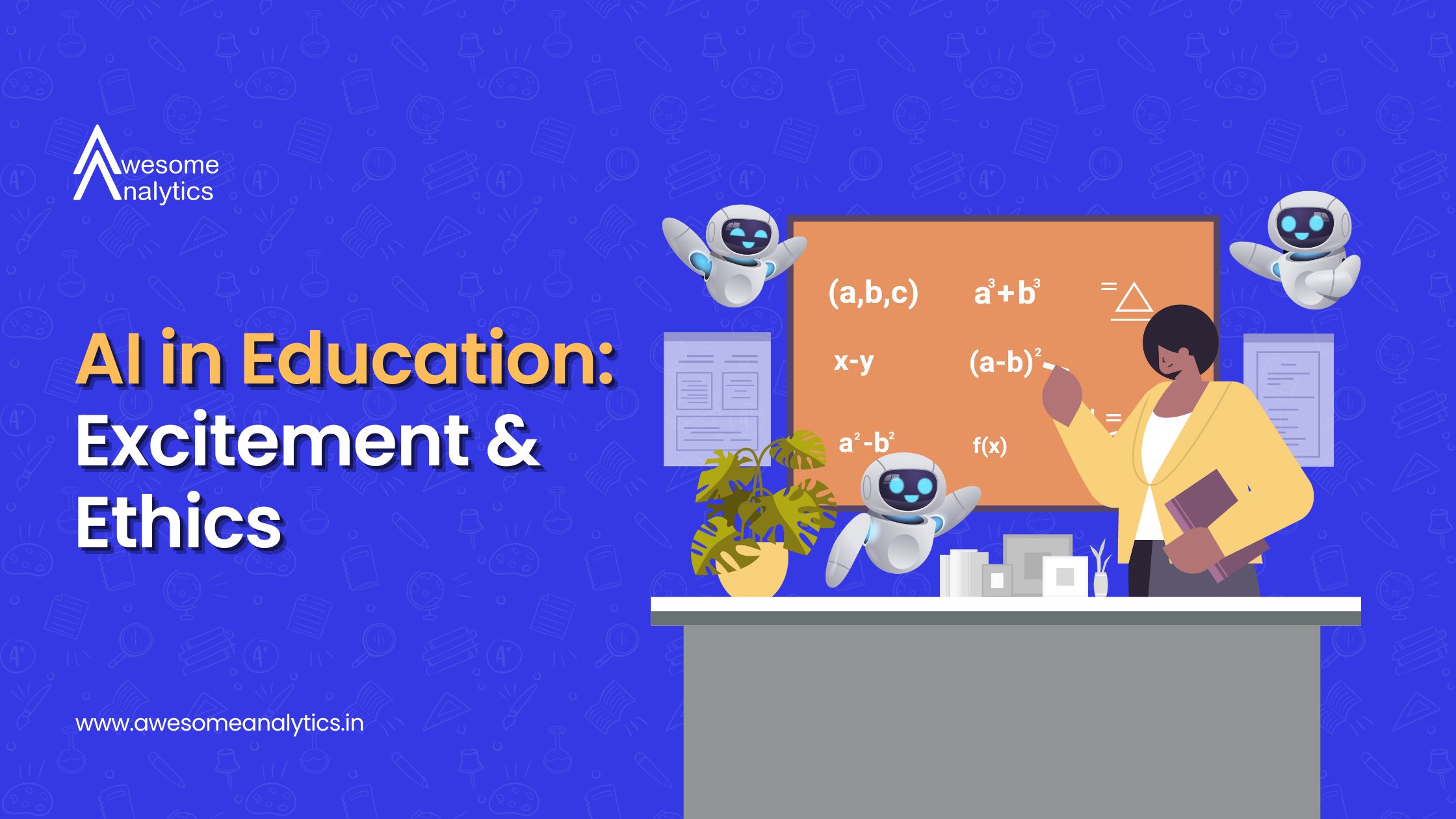Paradigm Shift with Promise and Challenges
The introduction of Artificial Intelligence (AI) in higher education signals a thrilling transformation in traditional learning. While promising enhanced and personalized educational experiences, it also brings along ethical complexities and regulatory challenges. This pattern of technology outrunning regulations is not new, as seen with the rapid growth of social media, ride-sharing services, drone technology, and genetic engineering.

Historical Parallels: Learning from the Past
In the rise of social media, for instance, issues of data privacy and misinformation gained attention only after these platforms became deeply ingrained in society. Similarly, ride-sharing services and drone technology raised concerns about safety and regulations post-expansion. The lesson is clear: proactive engagement with emerging technologies is crucial to anticipate and address ethical implications.
AI in Education: A Challenge of Timing
AI in education faces a similar challenge. Its rapid development precedes comprehensive ethical guidelines and regulations. The key lesson from history is the need for proactive engagement to ensure responsible integration. This proactive approach involves establishing ethical frameworks, designing unbiased systems, and fostering collaborative dialogues.

Ethical Standpoint: Data Protection and Transparency
Educational institutions must ensure AI systems uphold the highest data protection standards. Transparency in data usage, giving students control over their data, and clear policies on AI decision-making processes are vital. AI should not be an enigmatic force but a comprehensible and scrutinizable tool in education.
Digital Divide: Ensuring Equitable Access
An ethical consideration is the risk of widening the gap between those with and without access to AI tools. Institutions must ensure equitable access by investing in infrastructure, providing training, and developing partnerships to support under-resourced areas.
Professional Development: Empowering Educators
An ethical consideration is the risk of widening the gap between those with and without accesAs AI becomes integral, educators need professional development. Training programs focusing on the ethical use of AI, understanding its capabilities and limitations, and effective integration into the curriculum are essential. This empowers educators to apply AI in the classroom and impart good practices to students.s to AI tools. Institutions must ensure equitable access by investing in infrastructure, providing training, and developing partnerships to support under-resourced areas.
A Work in Progress
The integration of AI in higher education is a journey of adaptation, understanding, and refinement. Drawing lessons from the past, we understand that careful assessment and methodical integration are key. Like calculators transitioning from a perceived threat to an indispensable tool, AI has the potential to enrich the learning experience and equip students for future careers. It's about ensuring that AI becomes a catalyst for positive change in education.



